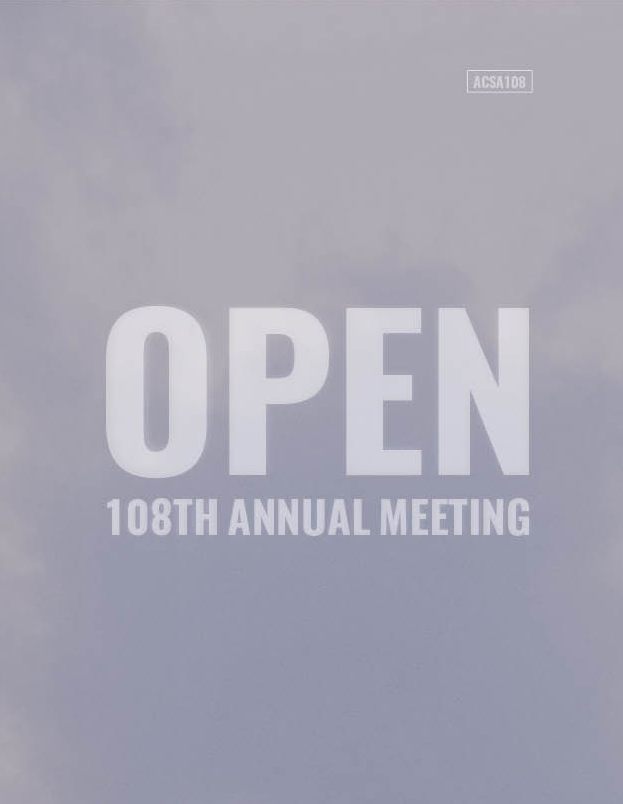Author(s): David Birge
Carl Schmitt’s concept of nomos defines the control of physical territory as the fundamental action allowing an autonomous and self-regulated society to form.1 (While land control has both negative/defensive and positive/normative aspects, here I will focus solely on the later.2,3) The positive control of land defines the incremental, value based decisions as to where, when, and to what end land is developed. As Lefebvre and Harvey have shown, the totality of long-term land development decision making has a primary and recursive impact on the social, economic, and cultural trajectory of society itself.4 Contemporary planner-developer models pursue the “highest-and-best-use” of land — code for the greatest risk-adjusted financial return.5 Under neoliberalism, governmental protection of public welfare (i.e. non-economic benefits) has eroded.6 The result has been a series of spatially interdependent trends in increased housing costs7, gentrification8, food deserts9, the gig economy10, and delays in family formation11, among others.
https://doi.org/10.35483/ACSA.AM.108.142
Volume Editors
ISBN
978-1-944214-26-5

 Study Architecture
Study Architecture  ProPEL
ProPEL 
